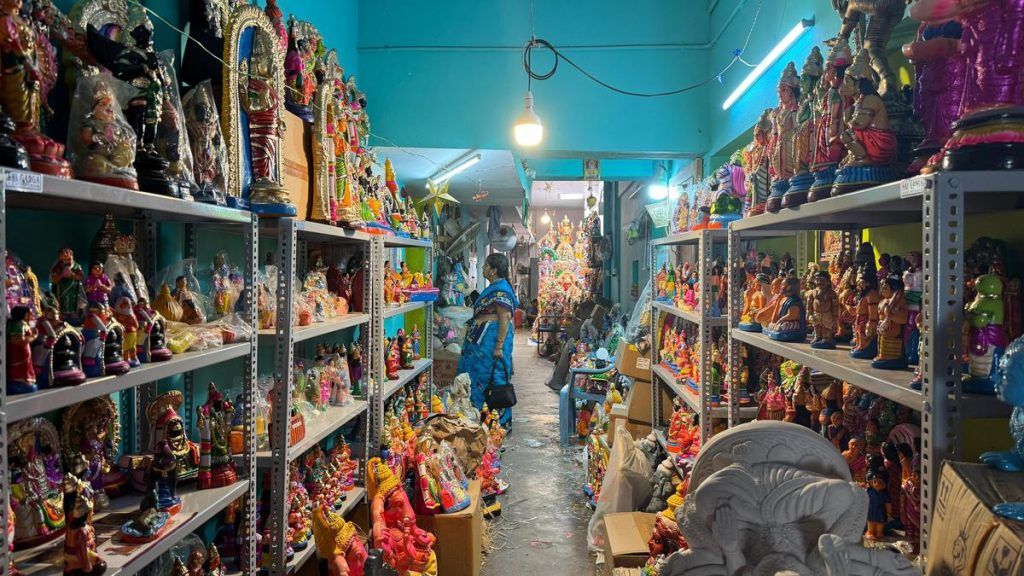Now Reading: Ration Agency Penalized for Failing to Supply Kerosene to Edamalakudy
-
01
Ration Agency Penalized for Failing to Supply Kerosene to Edamalakudy
Ration Agency Penalized for Failing to Supply Kerosene to Edamalakudy

Speedy Summary
- The kerosene ration allocated to the tribal panchayat at Edamalakudy has remained unclaimed for two years.
- Residents primarily rely on firewood,solar lamps,and battery torches for lighting; only 110 out of 800 households in the village have power connections.
- The Devikulam Girijan Cooperative Society halted kerosene distribution in April 2023 despite families being eligible for six liters every three months.
- Officials state that 14,500 liters of kerosene meant for Edamalakudy were not collected by the society over two years, leading to a penalty of ₹9.79 lakh imposed by the Civil Supplies department.
- Electrification has been completed in only three out of 26 settlements in Edamalakudy, leaving over 500 families without electricity access.
- Residents say financial burdens have risen due to the lack of distributed kerosene and reliance on alternatives like battery-powered devices and firewood.
- A report prompted intervention by the State Food Commission, which directed relevant departments to ensure proper ration distribution systems.
Indian Opinion Analysis
The situation at Edamalakudy highlights critical gaps in infrastructure provision within tribal regions. Access to power remains limited, with electrification completed in just a fraction of settlements. This directly affects residents’ dependency on alternative-and frequently enough more expensive-lighting sources such as solar lamps or battery torches. The lapse by the Devikulam Girijan Cooperative Society further illustrates operational challenges that deepen existing vulnerabilities among tribal communities.
The imposition of penalties against non-compliance does signal oversight mechanisms are active; though, accountability alone cannot substitute systemic reforms needed for consistent supply chain management. Intervention from bodies like the State Food Commission is commendable but underscores broader issues about coordination between various entities involved-local governance bodies must strengthen their cooperation with civil supplies departments to prevent disruptions like this from recurring.Efforts should therefore prioritize both short-term measures (kerosene distribution resumption) and long-term ones (accelerating electrification projects), emphasizing sustainable solutions that empower communities rather than perpetuate dependence on intermediaries or unreliable resources.
For more details: Read More

























